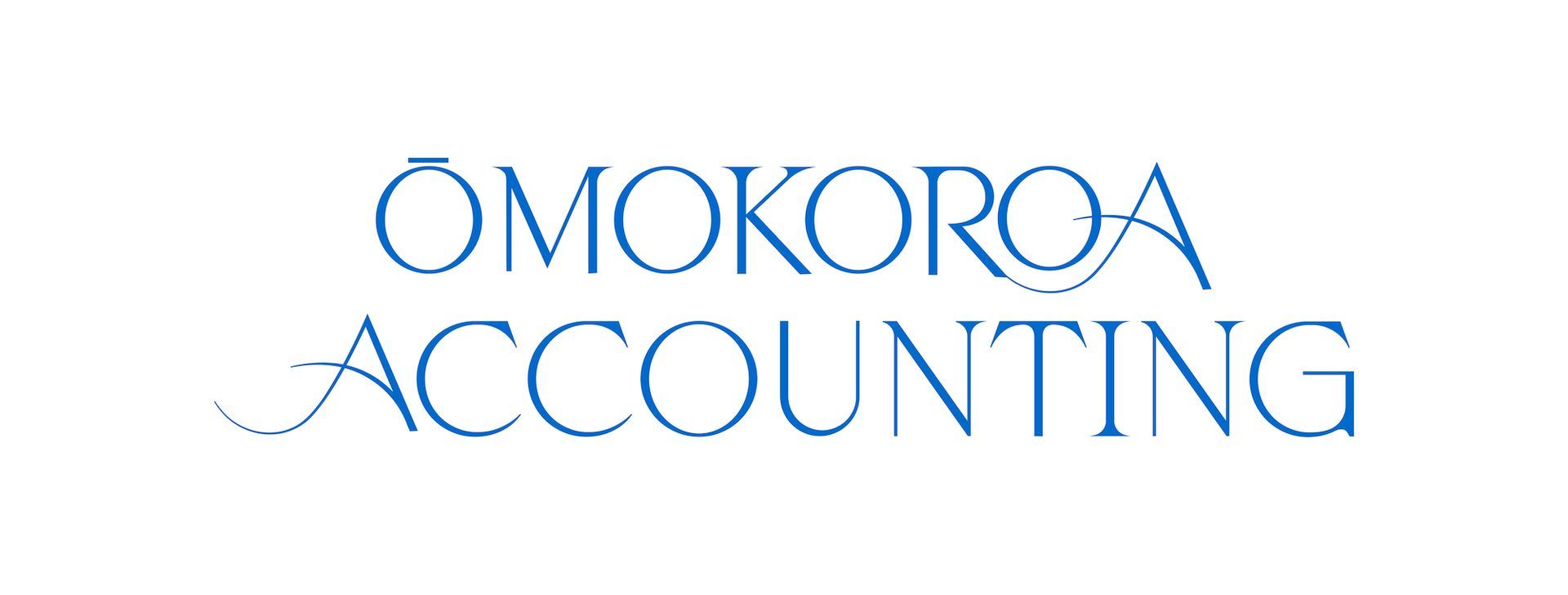5 things to think about when starting a business in New Zealand
If you’re thinking about starting a business in New Zealand, there are several things to consider when it comes to your financials. For many, the business’s bookkeeping and accounting are often an afterthought, and many new business owners find accounting overwhelming.
When the team at Ōmokoroa Accounting first meet with a new business owner, we run through a list 10 important factors you need to consider when starting your business. Below are the first 5 on our list, but there are plenty more that pop up once you get started.
#1. ACC
All businesses pay ACC levies to cover the cost of work-related injuries. ACC levies fund injury claims in New Zealand, and as a business owner, you’ll pay an ACC work levy for your business and employees every year. If you’re self-employed, you’ll need to pay an ACC levy too, and you’ll usually receive your first invoice after your first year of trading. At Omokoroa Accounting our team can help you understand your ACC obligations, so, if you’ve got questions? Please ask.
#2. GST
GST (Goods and Service Tax) is added to the price of most products and services in New Zealand. If you’re GST registered, you have to charge GST on any service you provide or any good you sell and you claim back the GST on goods or services you buy for your business. New Zealand businesses are not required to be GST registered until their turnover goes over $60,000 in a year. However, we will sometimes, depending upon which industry you are operating in, recommend that you register for GST when you first start your business, otherwise, you’ll either end up needing to hand that cost over to your customers when you go over the threshold — which can be a bit of a shock — or you as the business owner will need to suck up the cost. When it comes to GST it’s important to remember, once you’re registered, the GST you collect is not your money. Put it aside in a separate bank account, so you don’t get caught out at tax time.
#3. Income Tax and Provisional Tax
Most businesses or organisations will need to file an income tax return. It’s important to save and plan for your taxes. We suggest setting aside a percentage each time a customer pays an invoice, to ensure you have the money when it comes to tax time and to avoid late payment fees. Depending on your type of structure there are different tax rates, and generally, most businesses file their tax return by the March 31 each year. If you’re tax bill is more $5,000 in any tax year, then you will need to start paying Provisional Tax. Paying Provisional Tax means you pay tax up front for the following tax year which helps you manage your tax, by paying it in instalments.
#4. Entity Structure
The way you set up your business has different legal and financial obligations, and can affect how your business grows, what happens if you want to sell, how you pay tax, if you want to set up internationally, etc. Getting advice from a lawyer or accountant who has experience in your industry is a good place to start before you make any decisions. An experienced accountant can help you set up a structure that is best suited to your long-term goals. Otherwise, you might find yourself needing to change your business structure in the future.
#5. Record Keeping
Did you know that legally you must keep a record of your income and expenses for 7 years? It’s important to keep complete and accurate records of your income and expenses, banking records, wages, GST etc. Good records can help you minimise loss, meet legal obligations, manage cash, track expenses, and meet your tax requirements. Speak to us for advice on a good record-keeping system that will make your life easier.
A good accountant is more than just a bookkeeper, we can help you develop a business plan, provide advice on how to grow your business, and take care of those niggly financial tasks that take up your precious time. At Ōmokoroa Accounting we are here to help you every step of your business journey and make your life easier, so you can concentrate on what you love doing — running your business. If you’re feeling overwhelmed with your accounting, feel free to get in touch.


